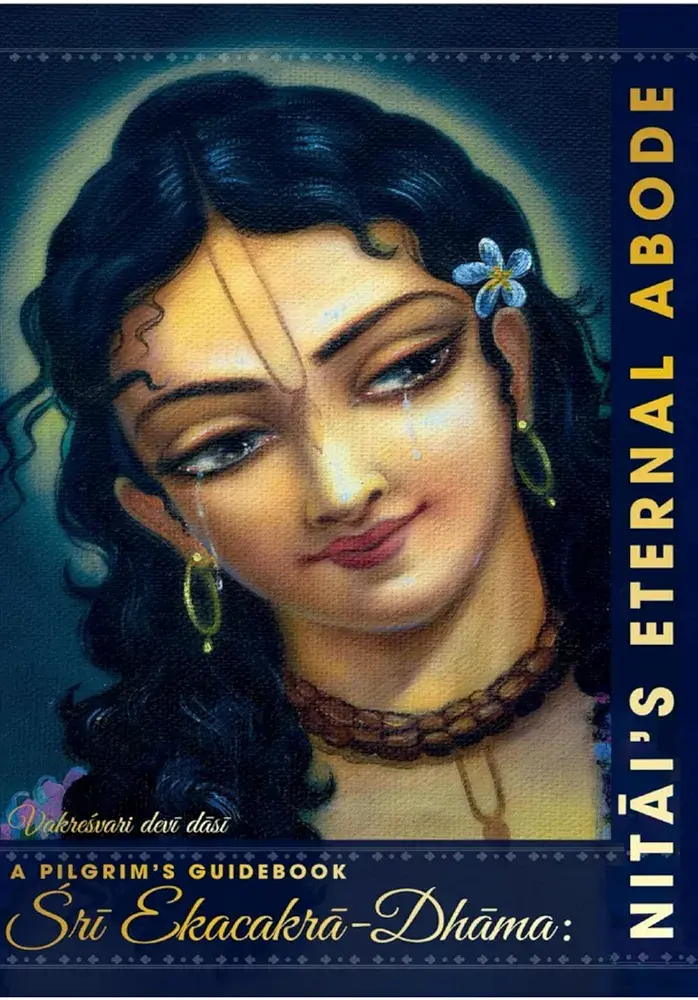In the Vedic tradition, knowledge based on sense perception and on deductive reasoning is considered unreliable because of the four inherent defects of all conditioned souls: being subject to illusion, being prone to make mistakes, having the propensity to cheat and having imperfect sense perception. Indeed, the senses have a limited range of perception in the material realm, what to speak of the spiritual or metaphysical one, the plane of the Absolute Truth.
That domain is lying beyond the grasp of both the senses and the mind; the latter is just another material element -albeit subtler - and therefore it is unable to conceive what is beyond the governing principles of matter such as time, space and the law of cause and effect. The Vedic sages have declared that their thoughts and words could not pierce the coverings of the universe and reach beyond it but return to them.
The Absolute Truth, in His ultimate personal feature as Bhagavan Sri Krishna, holds the initiative to reveal Himself as He pleases. The spiritual part of the Vedic literature is how He chooses to reveal knowledge about Himself: sastra-yonitvat, states the Vedanta-sutra (1.1.3).
However, this is not academic knowledge acquired for a simple informative purpose; rather, it is meant to transform the consciousness of its reader and student. It aims at enabling him to ultimately achieve spiritual emancipation from the bondage of matter, as well as realization of his eternal relationship of loving service to God. In other words, it is knowledge which must be applied and lived from within. Its essence is loving devotion to God, or bhakti.
An academic approach is therefore not appropriate and will give only incomplete and deficient knowledge, not yield the fruit of self-realization - culminating in pure love of God - which is the avowed purpose of these teachings. As such, one must approach it according to the method stipulated in the Vedic tradition itself,
which is to receive it from a genuine spiritual guide - a self-realized soul - to the service of whom one should dedicate himself: "The most important of all spiritual practices is guru-seva - service to the spiritual master. It bestows easily, quickly and joyfully bhakti for the Supreme Lord.
Contents
| Part One | |
| Guru Tattva | 5 |
| Introduction | 7 |
| Sri guru | 10 |
| Guidelines | 26 |
| The Qualities of a Sad-Guru | 42 |
| Questions and Answers | 45 |
| Siksa-Guru Tattva | 64 |
| Part Two | |
| Srila BV Narayana Maharaja's | |
| Presentation of Guru-Tattva | 93 |
| Purpose | 95 |
| Introduction | 98 |
| Let Srila Maharaja Speak for Himself | 99 |
| The Three Adhikaras of Bhakti | 111 |
| Conclusion | 136 |
| Part Three | |
| History of the Guru in ISKCON | 143 |
| A Little History | 145 |
| The Path of the Mahajanas | 153 |
| Questions and Answers | 159 |
| Appendix | |
| Apasiddhantas Should Be Opposed | 199 |
Sri Guru Tattva
ITEM CODE: GVP03722 PUBLISHER: GAUDIYAVEDANTA PUBLICATION AUTHOR: BHAKTIVEDANTASUDDHADVAITI
SWAMI
LANGUAGE: ENGLISH EDITION: 2017 PAGES: 210 COVER: PAPERBACK OTHER DETAILS 21.5 CM X 14 CM WEIGHT 260 GM

















